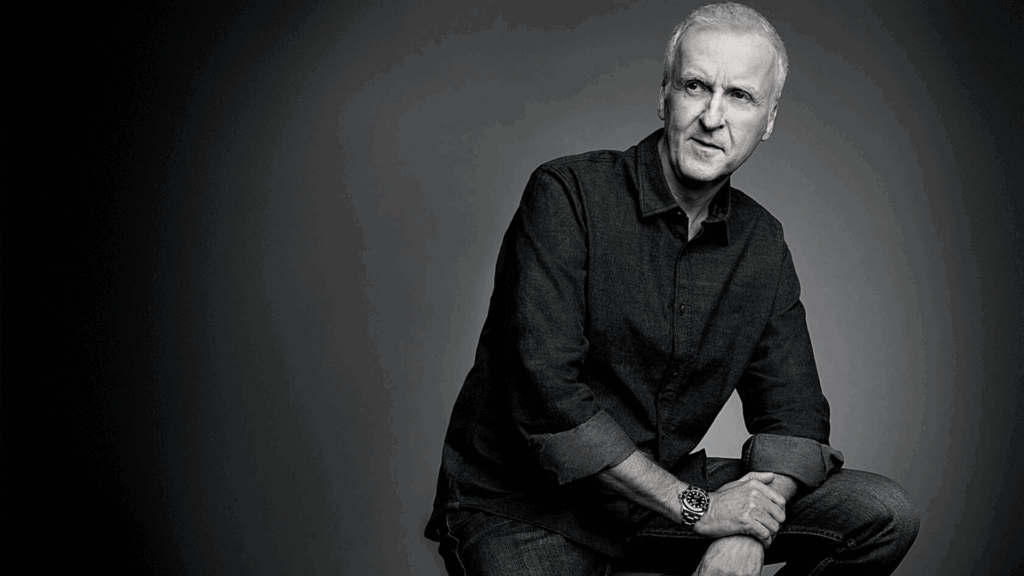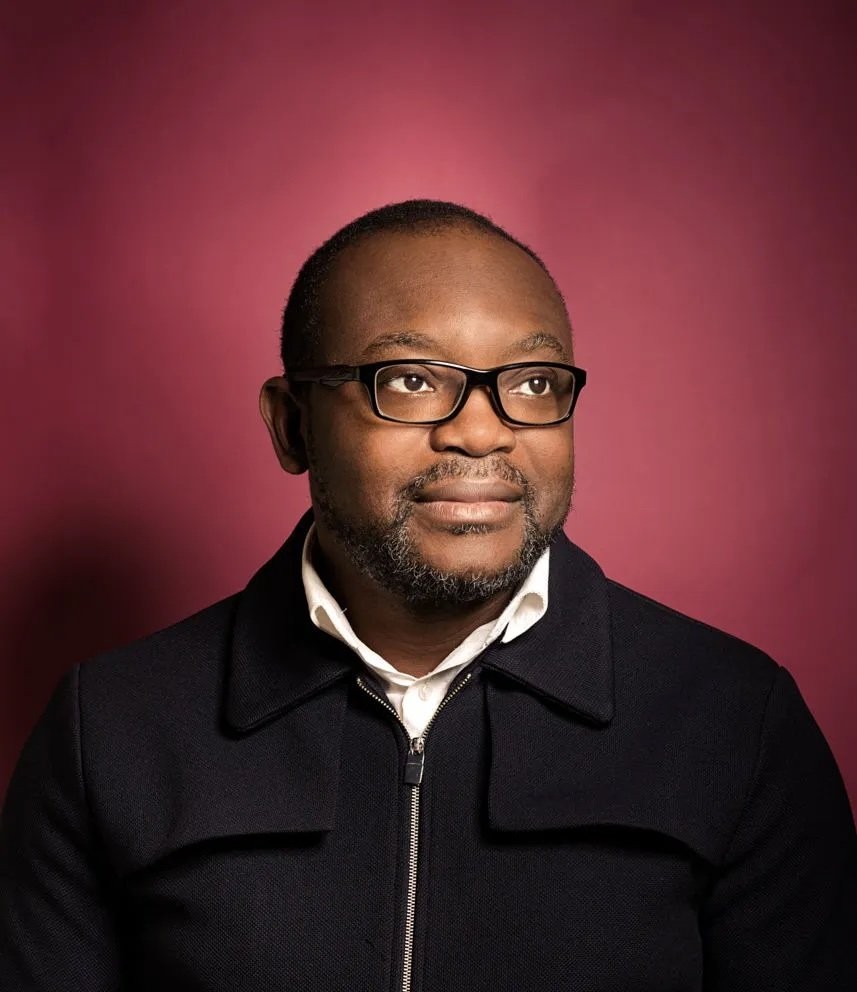Global Inspiration, Local Ambition
From Hollywood to Seoul, the film industry is being reshaped by artificial intelligence. Films like The Creator, praised for its VFX generated largely by AI tools, and Everything Everywhere All At Once, celebrated for its experimental narrative, illustrate how AI is not just a tool—it’s becoming a co-author.
In South Korea, AI-assisted editing and production workflows have helped position the country as a rising force in global cinema-tech. As acclaimed director Bong Joon-ho noted:
“Technology shouldn’t replace the human, it should amplify it. It’s about exploring emotions in new ways.”
Meanwhile, legendary filmmaker James Cameron issued a stark reminder:
“AI in cinema is a double-edged sword—it opens doors but risks killing originality.”
These insights are especially relevant to African creatives striving for visibility in global circuits while staying true to local identities.

African Cinema: Rising, Yet Undervalued
Though African cinema is culturally rich and increasingly prolific, it still represents less than 2% of the global box office. Countries like Nigeria produce around 2,500 films annually, positioning Nollywood as the world’s second-largest film industry by volume—but with significantly lower budgets, often under $50,000 per film.
However, the tide is shifting. Directors like Mati Diop (Atlantics), Ladj Ly (Les Misérables), and Wanuri Kahiu (Rafiki) are breaking into international festivals and disrupting expectations with politically charged and visually bold narratives.
Artificial intelligence may become a game-changer for these filmmakers—cutting production costs, expanding multilingual accessibility, and democratizing advanced storytelling techniques.
Artificial Intelligence: Catalyst or Cultural Threat?
AI tools like Runway, ChatGPT, Synthesia, and ElevenLabs are already transforming how films are written, dubbed, edited, and marketed. Entire trailers can be produced using synthetic actors, multilingual voices, and AI-generated environments.
Some African creators are starting to embrace this shift:
- In Cameroon, director Jean-Pierre Bekolo has experimented with AI-assisted screenwriting.
- In Kenya, studios like Black Rhino VR blend AI and immersive storytelling to craft African-centered virtual experiences.
Still, the ethical and creative risks are real. As actress Viola Davis put it:
“We must fight for our stories to be told by us, in our voices—even in a world where machines can imitate everything.”
Key Figures
- Global investments in AI-powered audiovisual technologies surpassed $7.1 billion in 2024.
- Africa accounts for just under 2% of those investments.
- Fewer than 10% of African film schools currently teach AI-related modules.
- Yet, nearly 80% of young African creators under age 30 say they are eager to use AI in their creative processes.
A Chance for Cultural Sovereignty
As global platforms expand their African content catalogs, AI could empower creators to produce local stories at scale and in multiple languages. In 2024, Netflix alone commissioned over 15 original African titles.
Beyond access, this is about sovereignty. As Congolese producer and tech advocate Leonard Bassegela warns:
“If we don’t build our own tools, our stories will be told by algorithms trained somewhere else.”
Festivals like FESPACO, Durban FilmMart, and “L’Afrique Fait Son Cinéma” are beginning to integrate innovation labs focused on AI and storytelling—recognizing the need to prepare for a digital future.
What Africa Must Do
To embrace this moment, Africa must:
- Invest in AI training hubs for creatives across regions;
- Support partnerships between film studios and local tech startups;
- Develop regulatory frameworks that protect data, identity, and artistic rights.
Africa already has the stories. Artificial intelligence offers the scale and tools to bring them to global screens. If the continent invests wisely—in people, infrastructure, and ethical innovation—it can leapfrog into a new creative era. The goal is not just to join the global film revolution, but to lead it with authenticity, purpose, and vision.


